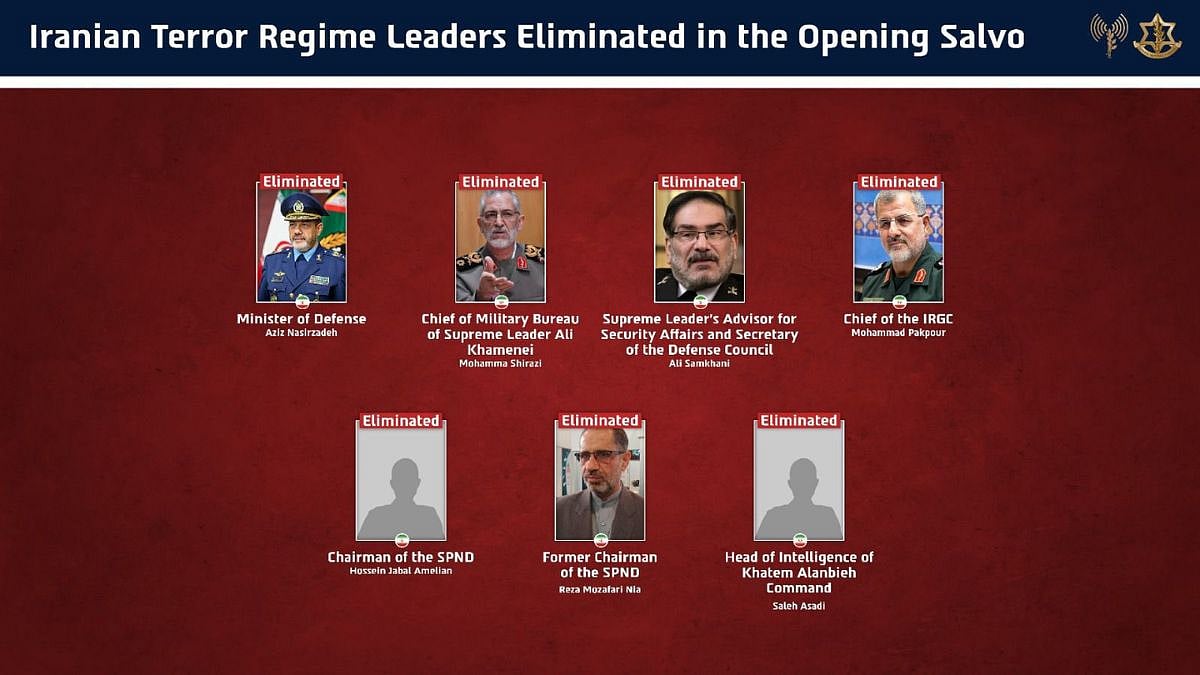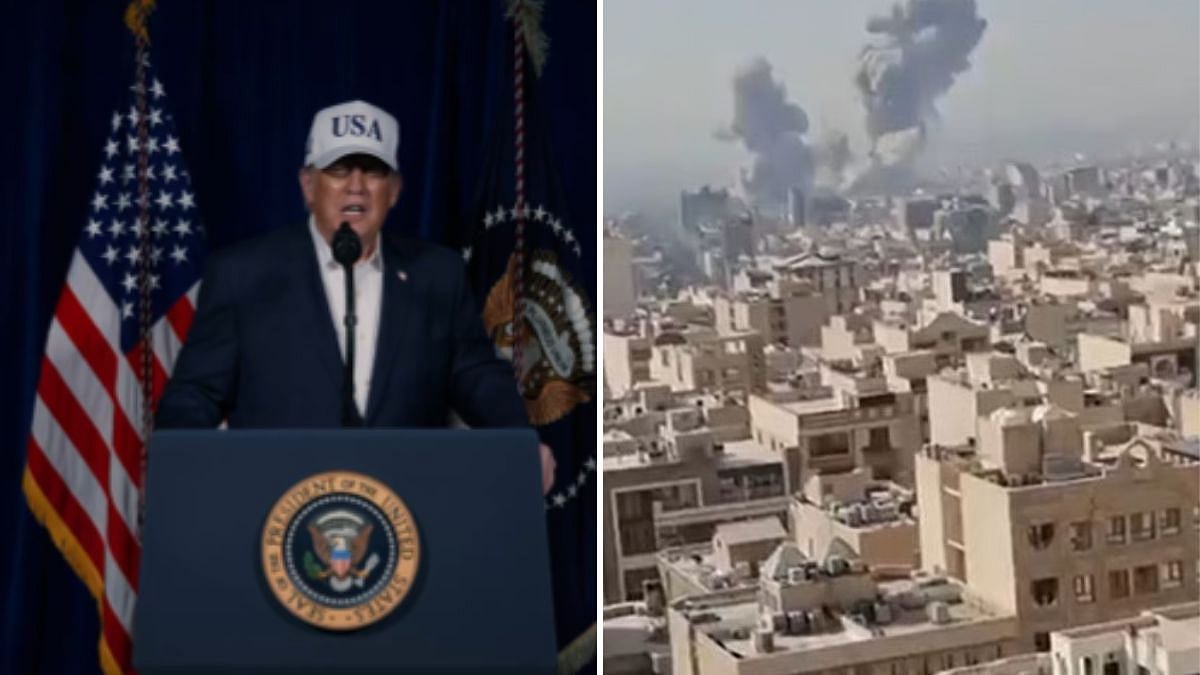A Constitution Bench of the Supreme Court of India issued a significant verdict on Monday, granting the Court's special powers under Article 142 of the Constitution of India to dissolve marriages on the ground of irretrievable breakdown, a ground not yet recognized by statute. The Court held that such a dissolution of marriage would not contravene public policy principles. The bench comprised Justices Sanjay Kishan Kaul, Sanjiv Khanna, A.S. Oka, Vikram Nath, and J.K. Maheshwari.
Factors to determine irretrievable breakdown of marriage
The Supreme Court also specified the factors on the basis of which a marriage could be held to be irretrievably broken down. Additionally, the bench ruled that the mandatory six-month waiting period for divorce by mutual consent could be dispensed with under certain requirements and conditions, as laid down in previous judgments.
Constitution Bench decision on irretrievable breakdown
The Constitution Bench was originally tasked with considering whether the mandatory waiting period for divorce by mutual consent could be waived. However, during the hearing, the bench decided to also consider whether marriages could be dissolved on the ground of irretrievable breakdown.
In its order passed on September 20, 2022, the bench recorded that another question requiring consideration was whether Article 142 of the Constitution of India would be inhibited if there was an irretrievable breakdown of marriage but one party did not consent to the terms.
Arguments presented by senior advocates
Senior advocates Indira Jaising, Kapil Sibal, V Giri, Dushyant Dave, and Meenakshi Arora were appointed as amici curiae in the case. Jaising argued that irretrievably broken marriages should be dissolved under Article 142, while Dave presented a contrarian perspective that courts should not exercise such power when Parliament has not recognized such a ground for divorce.
Giri argued that irretrievable breakdown of marriage could be broadly construed as a form of cruelty, which has been judicially interpreted to include mental cruelty. Sibal advocated for a separation of maintenance and custody proceedings from the divorce proceedings to prevent harm to the involved parties. Arora contended that the Supreme Court was not bound by statutory law when exercising its extraordinary jurisdiction under Article 142, which embodies the principles of justice, equity, and good conscience.
Awaiting the detailed judgment
The detailed copy of the Supreme Court judgment is still awaited. Nevertheless, this landmark decision will have a significant impact on the Indian legal system, especially in the context of divorce laws.





